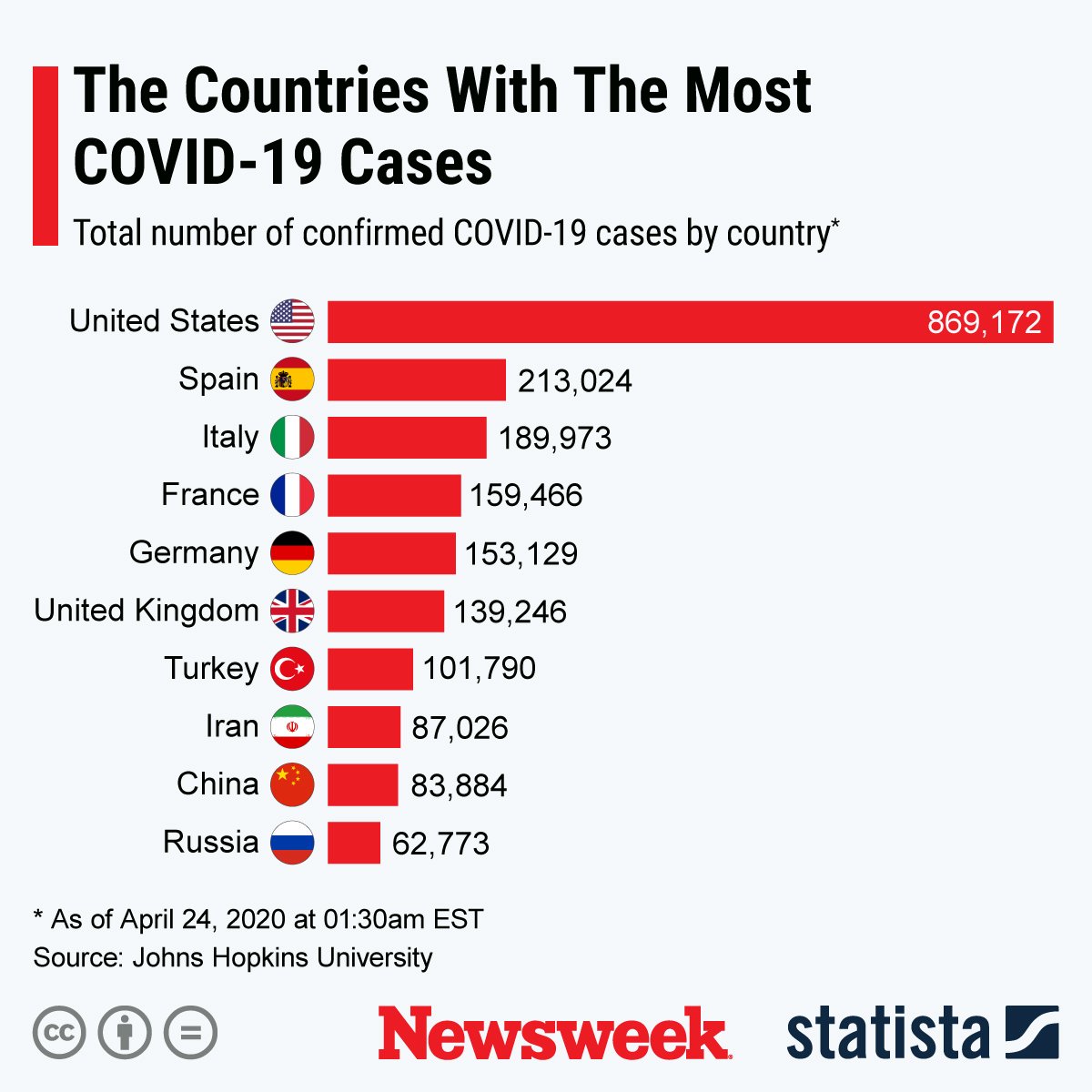Animals from two mink farms in the Netherlands were found to have COVID-19 after developing symptoms, including gastrointestinal and respiratory problems, the country's Agriculture Ministry said in a statement published Sunday.
Investigations are currently underway to identify the source of the infections, while quarantine measures have been placed on the two farms as a precautionary measure.
Authorities suspect the minks contracted the illness from farm staff carrying the virus, with reports that some employees from both faculties had shown symptoms of COVID-19.
The Agriculture Ministry said that while there is evidence ferrets—and, consequently, minks—may be affected by the virus responsible for COVID-19, there is no evidence yet that livestock and pets can pass the virus onto humans and the risk of the minks passing the virus onto humans was "negligible."
In response to the infections, officials have introduced measures requiring mink farmers to report similar incidents. Farmers, veterinarians and researchers will be obliged to inform the Netherlands Food and Consumer Product Safety Authority of any respiratory problems or increased mortality in minks.
As a precaution, the Netherlands National Institute for Public Health and the Environment has urged the public to keep a 400-meter (1,300-foot) distance from the farms affected by COVID-19 until the investigation has been completed.
Nearby roads have been temporarily closed, while animals and manure are to remain inside the infected farms to prevent spreading the new coronavirus to other farms.

Both of the infected farms are located in the southern province of Noord-Brabant—one is based in the municipality of Gemert-Bakel with around 13,000 minks; the other in the municipality of Laarbeek with around 7,500 minks.
The province is a key region for the Netherlands' controversial mink farming industry, where animals are bred for fur. Since 2013, there has been a ban on the establishment of new mink farms and the practice is to be phased out in its entirety by January 1, 2024.
"If people who have symptoms of COVID continue to look after the animals and feed them and have close contact with them, and in the case of these mink farms, possibly cough and splutter over them, it's not a particular surprise that some animals could be infected," Professor John Wood, an infectious disease epidemiologist and head of the veterinary school at Cambridge University, U.K. told Newsweek, adding it is unlikely animals play a significant role in passing the virus on to humans.
"It's very clear that animals are not important in relation to transmitting this infection to humans," he said.
Noord-Brabant has been one of the areas worst affected by the new coronavirus, particularly during the early stages of the outbreak. According to Dutch News, the Netherlands' first cases of COVID-19 was in Tilberg, a city in the center of Noord-Brabant, where a man who had recently spent time in Lombardy, Italy, was diagnosed in late February.
The Dutch health authority has reported 37,845 cases and 4,475 deaths from COVID-19 since the outbreak began earlier this year. According to officials from the Netherlands National Institute for Public Health and the Environment, the number of new hospital admissions is declining—a result they attribute to the country's social distancing policies.
While there have been reports of animals, including dogs and cats, contracting COVID-19 after close contact with people, more research is needed to understand if and how different species may be affected.
In the meantime, the U.S. Centers for Disease Control and Prevention advises pet owners to: "Treat pets as you would other human family members—do not let pets interact with people or animals outside the household. If a person inside the household becomes sick, isolate that person from everyone else, including pets."
The article has been updated to include comments from Professor John Wood.
The below infographic from Statista shows the countries with the most confirmed cases of COVID-19 as of April 24, 2020 1:30 a.m. EST.

Centers for Disease Control and Prevention Advice on Using Face Coverings to Slow Spread of COVID-19
- CDC recommends wearing a cloth face covering in public where social distancing measures are difficult to maintain.
- A simple cloth face covering can help slow the spread of the virus by those infected and by those who do not exhibit symptoms.
- Cloth face coverings can be fashioned from household items. Guides are offered by the CDC. (https://www.cdc.gov/coronavirus/2019-ncov/prevent-getting-sick/diy-cloth-face-coverings.html)
- Cloth face coverings should be washed regularly. A washing machine will suffice.
- Practice safe removal of face coverings by not touching eyes, nose, and mouth, and wash hands immediately after removing the covering.
World Health Organization advice for avoiding spread of coronavirus disease (COVID-19)
Hygiene advice
- Clean hands frequently with soap and water, or alcohol-based hand rub.
- Wash hands after coughing or sneezing; when caring for the sick; before, during and after food preparation; before eating; after using the toilet; when hands are visibly dirty; and after handling animals or waste.
- Maintain at least 1 meter (3 feet) distance from anyone who is coughing or sneezing.
- Avoid touching your hands, nose and mouth. Do not spit in public.
- Cover your mouth and nose with a tissue or bent elbow when coughing or sneezing. Discard the tissue immediately and clean your hands.
Medical advice
- Avoid close contact with others if you have any symptoms.
- Stay at home if you feel unwell, even with mild symptoms such as headache and runny nose, to avoid potential spread of the disease to medical facilities and other people.
- If you develop serious symptoms (fever, cough, difficulty breathing) seek medical care early and contact local health authorities in advance.
- Note any recent contact with others and travel details to provide to authorities who can trace and prevent spread of the disease.
- Stay up to date on COVID-19 developments issued by health authorities and follow their guidance.
Mask and glove usage
- Healthy individuals only need to wear a mask if taking care of a sick person.
- Wear a mask if you are coughing or sneezing.
- Masks are effective when used in combination with frequent hand cleaning.
- Do not touch the mask while wearing it. Clean hands if you touch the mask.
- Learn how to properly put on, remove and dispose of masks. Clean hands after disposing of the mask.
- Do not reuse single-use masks.
- Regularly washing bare hands is more effective against catching COVID-19 than wearing rubber gloves.
- The COVID-19 virus can still be picked up on rubber gloves and transmitted by touching your face.
Uncommon Knowledge
Newsweek is committed to challenging conventional wisdom and finding connections in the search for common ground.
Newsweek is committed to challenging conventional wisdom and finding connections in the search for common ground.
About the writer
To read how Newsweek uses AI as a newsroom tool, Click here.






